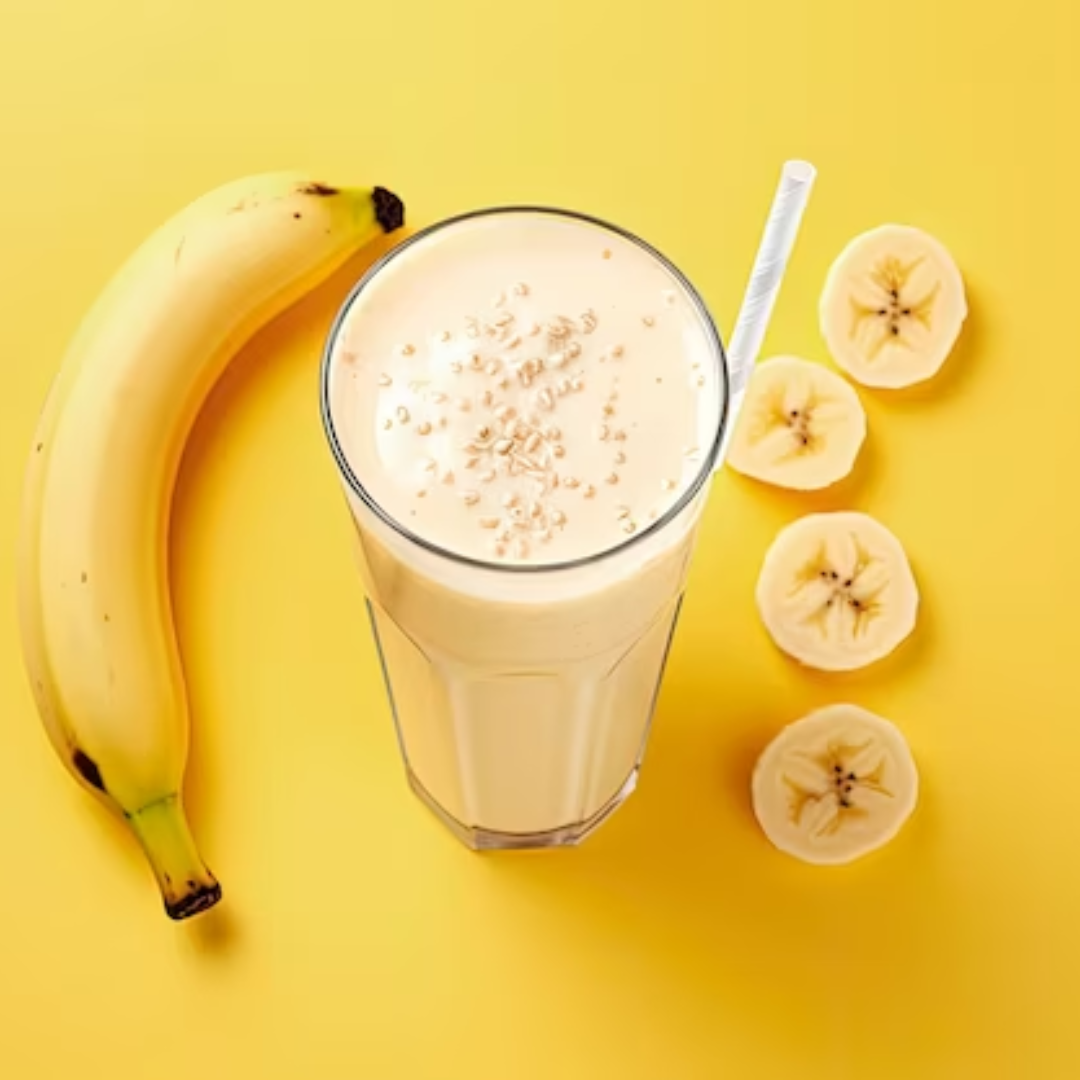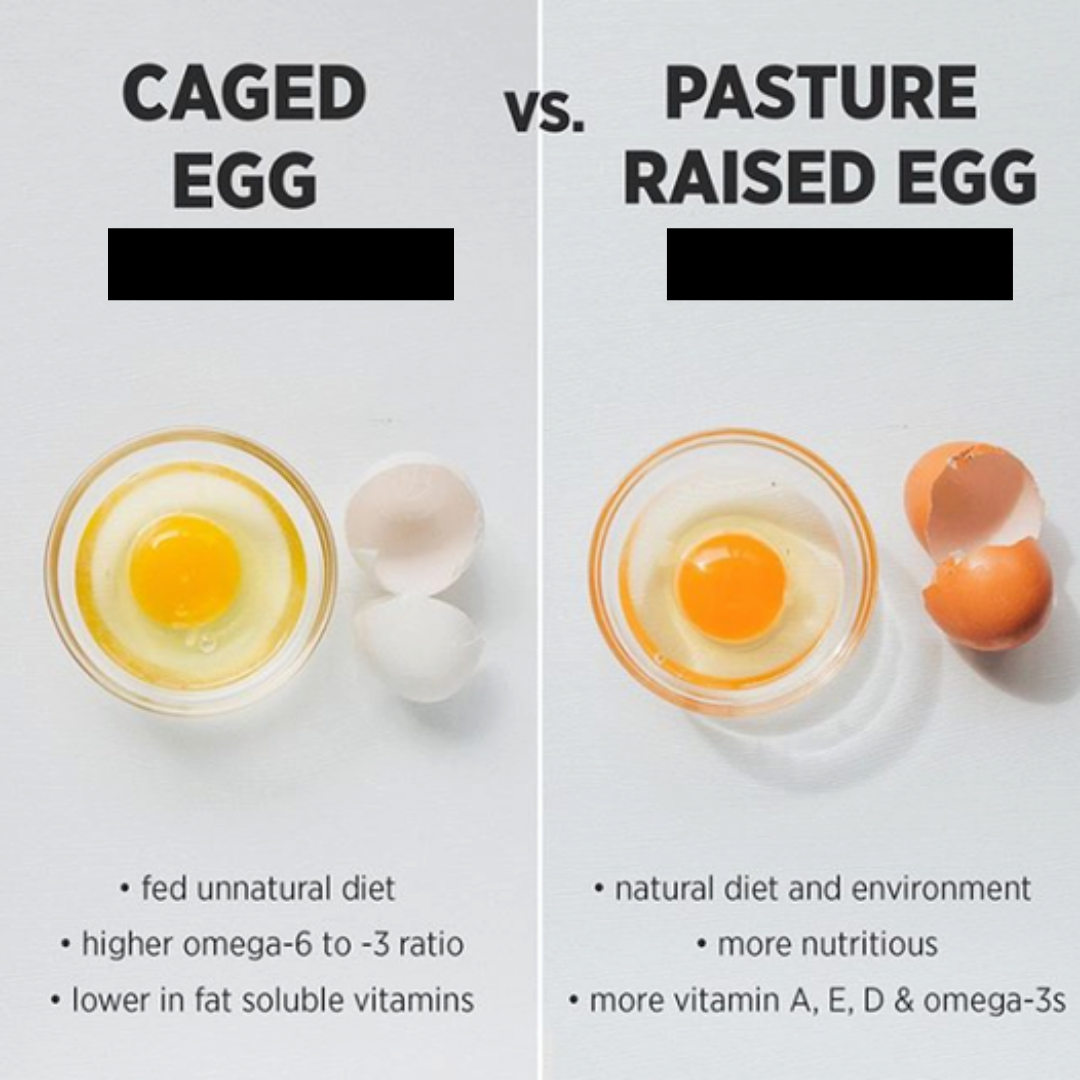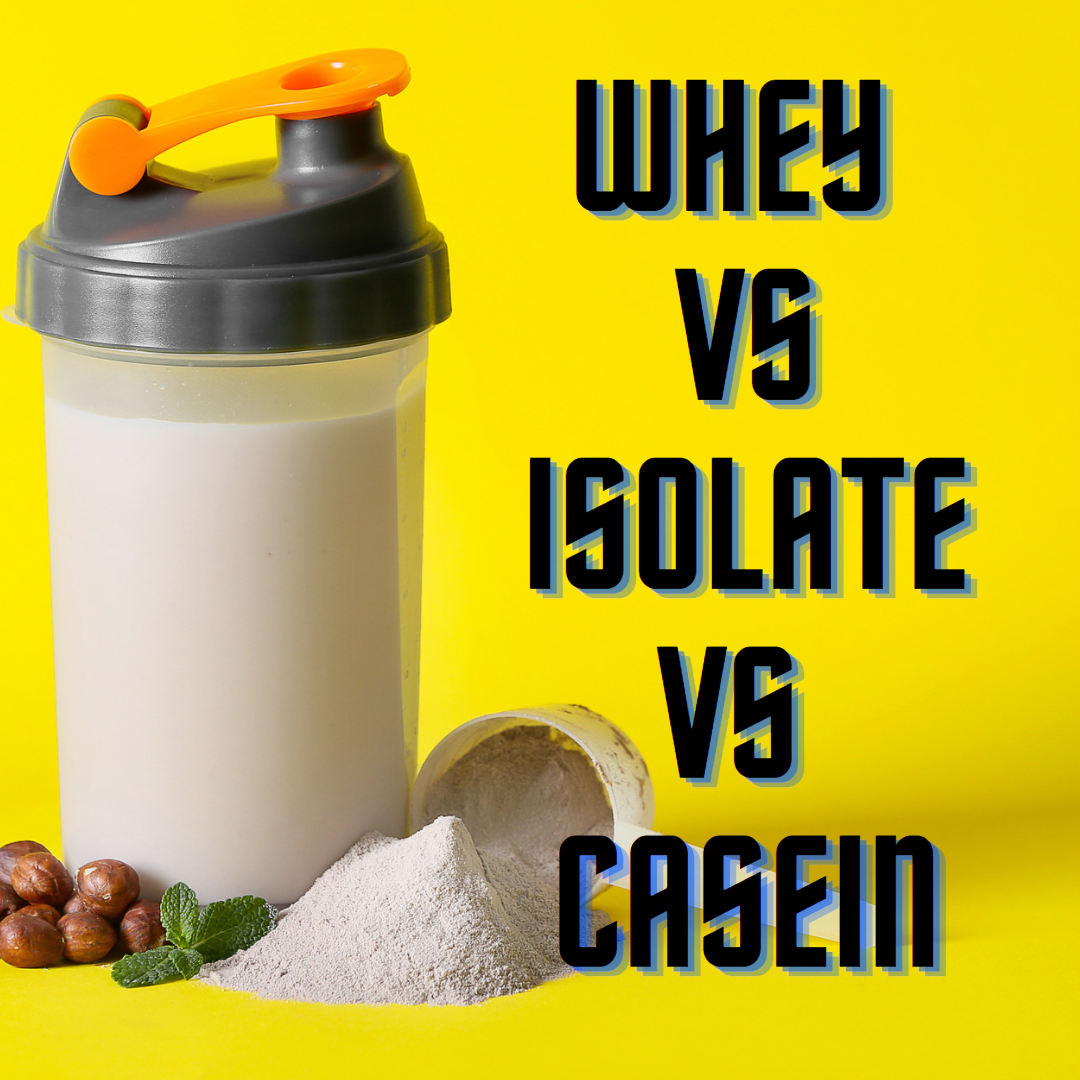Battle of the Proteins: Paneer vs Soya Chunks

Soya chunks and paneer are two popular sources of vegetarian protein that have been in the limelight for quite some time. Both of them offer a range of health benefits, but which one is better? In this article, we’ll explore the differences between soya chunks and paneer and help you decide which one is the best source of vegetarian protein for you.
Nutritional Comparison Paneer vs Soya Chunks

Nutritional Comparison Paneer vs Soya Chunks
When it comes to nutritional value, soya chunks and paneer are vastly different. Soya chunks are a rich source of protein, iron, and calcium. On the other hand, paneer is high in protein, calcium, and healthy fats. Soya chunks contain 52 grams of protein per 100 grams, while paneer has 18 grams of protein per 100 grams.
Health Benefits Paneer vs Soya Chunks

Health Benefits Paneer vs Soya Chunks
Soya chunks are known for their cholesterol-lowering properties, making them an excellent choice for those with heart disease or high cholesterol. They also contain phytoestrogens, which may help reduce the risk of certain types of cancers. Soya chunks are also a great source of iron, making them an ideal food for those with iron-deficiency anemia.
Paneer, on the other hand, is an excellent source of calcium, making it an ideal food for those looking to increase their calcium intake. It is also rich in healthy fats, which help improve brain function and may reduce the risk of heart disease. Paneer is also a great source of protein, making it an ideal food for vegetarians and vegans.
Culinary Uses Paneer vs Soya Chunks

Culinary Uses Paneer vs Soya Chunks
Both soya chunks and paneer are versatile ingredients that can be used in a variety of dishes. Soya chunks can be used to make curries, stir-fries, and even burgers. Paneer is commonly used in Indian cuisine to make dishes like paneer butter masala, palak paneer, and matar paneer.
Nutritional Comparison of Paneer vs Soya Chunks
| Nutrient | Paneer (per 100g) | Soya Chunks (per 100g) |
|---|---|---|
| Protein | 18g | 52g |
| Calcium | 208mg | 250mg |
| Iron | 0.8mg | 5.2mg |
| Fat | 20g | 0.5g |
| Cholesterol | 70mg | 0mg |
| Dietary Fiber | 0g | 5g |
| Calories | 265 | 336 |
Paneer vs Soya Chunks: Which One is the Better Protein Source?

Paneer vs Soya Chunks: Which One is the Better Protein Source?
Paneer vs Soya Chunks are both protein-rich foods and are often used as a substitute for meat in vegetarian and vegan diets. Let’s compare the nutritional values of Paneer vs Soya Chunks to find out which one is the better protein source.
- Protein Content
Protein is the most important nutrient when it comes to building muscles, repairing tissues, and maintaining a healthy body. Paneer is a rich source of protein, with 100 grams of Paneer containing 18 grams of protein. On the other hand, soya chunks are even more protein-rich, with 100 grams of Soya Chunks containing 52 grams of protein.
Winner: Soya Chunks
While protein is essential for our body, too much fat can be harmful to our health. Paneer is a dairy product and contains a high amount of saturated fat. 100 grams of Paneer contains 20 grams of fat, out of which 12 grams are saturated fat. On the other hand, Soya Chunks are low in fat, with 100 grams of Soya Chunks containing only 1 gram of fat.
Winner: Soya Chunks
- Calcium Content
Calcium is essential for maintaining healthy bones and teeth. Paneer is a rich source of calcium, with 100 grams of Paneer containing 200 milligrams of calcium. Soya Chunks, on the other hand, is not a good source of calcium, with 100 grams of Soya Chunks containing only 50 milligrams of calcium.
Winner: Paneer
- Iron Content
Iron is essential for the production of hemoglobin, which carries oxygen to our body’s cells. Soya Chunks are a rich source of iron, with 100 grams of Soya Chunks containing 15 milligrams of iron. Paneer, on the other hand, is not a good source of iron, with 100 grams of Paneer containing only 1 milligram of iron.
Winner: Soya Chunks
- Other Nutrients
Apart from protein, fat, calcium, and iron, both Paneer and Soya Chunks contain several other nutrients that are essential for our body. Paneer is a good source of Vitamin B12, which is essential for the proper functioning of the nervous system. Soya Chunks, on the other hand, are a good source of fiber, which is essential for maintaining a healthy digestive system.
Winner: Tie
Soya Chunks nutritional value per 100g
Soya chunks, often referred to as textured vegetable protein, have carved a niche for themselves in the world of nutrition. Their value is not just in their versatility in the kitchen but also in their rich nutrient content. Considering the Soya Chunks nutritional value per 100g can provide an eye-opening glimpse into their health benefits.
Primarily, the protein content is remarkably high. With nearly 52 grams of protein per 100 grams, soya chunks are a powerhouse for vegetarians and vegans who might be struggling to get their daily recommended intake of protein. To put it into perspective, this is more than the protein content in certain types of meat and fish. It is essential to understand this when planning a balanced diet, especially for those who abstain from animal products. When looking at the soya chunks nutritional value per 100g, one cannot ignore the protein’s significance in muscle building, repair, and overall cellular function.
Moreover, these chunks are also low in fat, with around 0.5 grams of fat per 100 grams. This makes them a heart-friendly option, especially for those watching their cholesterol and fat intake. In today’s age of increasing heart-related ailments, food items that are low in fat but rich in other nutrients are a boon.
Additionally, soya chunks are a good source of fiber, offering about 13 grams per 100 grams. This ensures better digestion, aids in preventing constipation, and supports overall gut health. Again, referring to the Soya Chunks nutritional value per 100g highlights their importance in promoting digestive health.
In summary, the Soya Chunks nutritional value per 100g showcases its impressive protein content, low fat, and substantial fiber. Whether you’re a vegetarian, vegan, or just someone looking for a nutritious meat substitute, soya chunks are undoubtedly a commendable choice. They not only enhance the variety in your meals but also provide substantial health benefits.
Also, read High Protein Vegetarian Recipes
Frequently Asked Questions(FAQ)
Conclusion
In conclusion, both soya chunks and paneer are excellent sources of vegetarian protein. However, they differ significantly in their nutritional content and health benefits. If you’re looking for a low-cholesterol food that’s high in iron, soya chunks are an excellent choice. However, if you’re looking for a food that’s high in calcium and healthy fats, paneer is the way to go. Ultimately, the choice between soya chunks and paneer comes down to personal preference and dietary requirements.
Also, read How Many Calories in Upma? The Answer Might Surprise You!
We hope that this article has provided you with valuable information on the differences between Paneer vs Soya chunks. Whether you’re a vegetarian looking for a good source of protein or someone looking to increase their calcium intake, both of these foods offer a range of health benefits that make them an excellent addition to any diet. Thank you for taking the time to read this article, and we hope it has been informative and helpful.
- Where to Find the Best Plum Cake in Bangalore for Christmas & New Year - November 23, 2025
- Water Intake Calculator: Everything You Need to Know - September 7, 2024
- 5 Weight Gain Drink Recipes for Healthy Bulking - March 29, 2024









